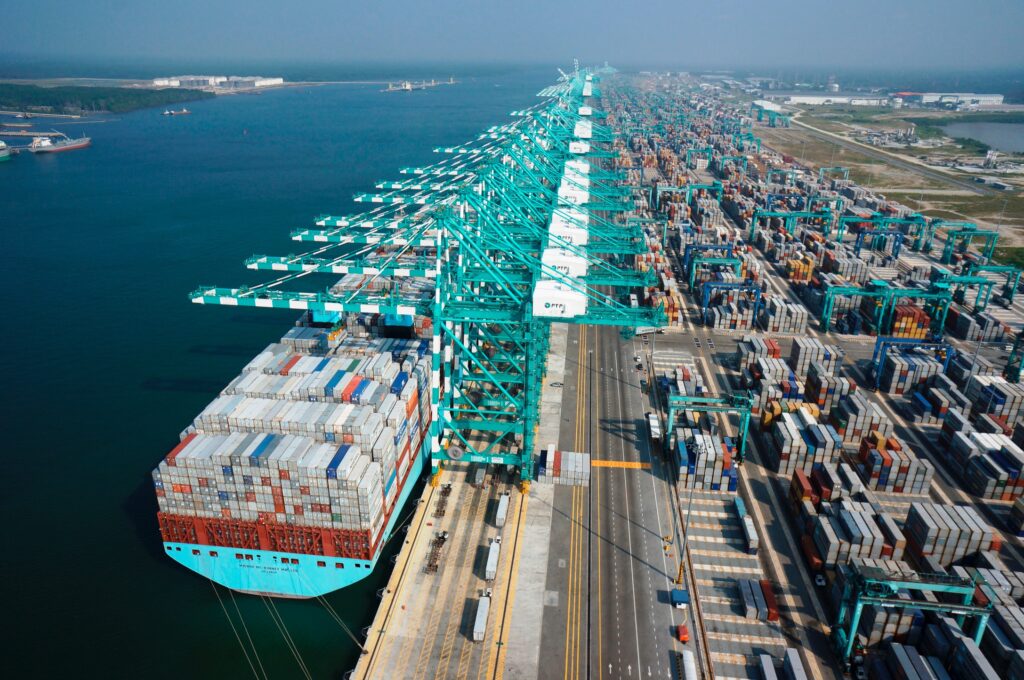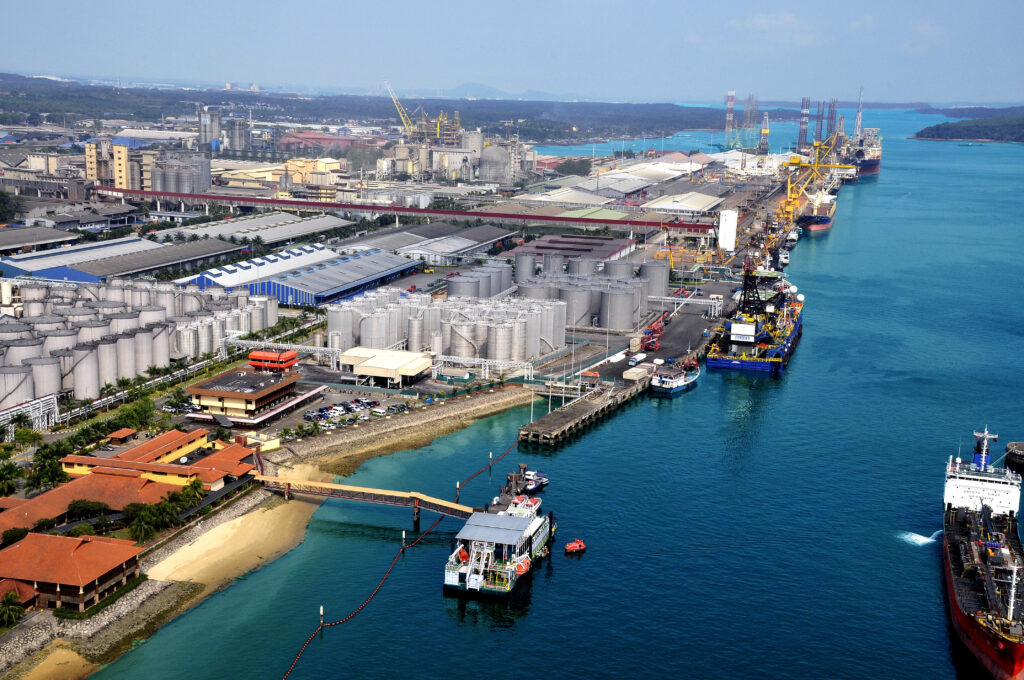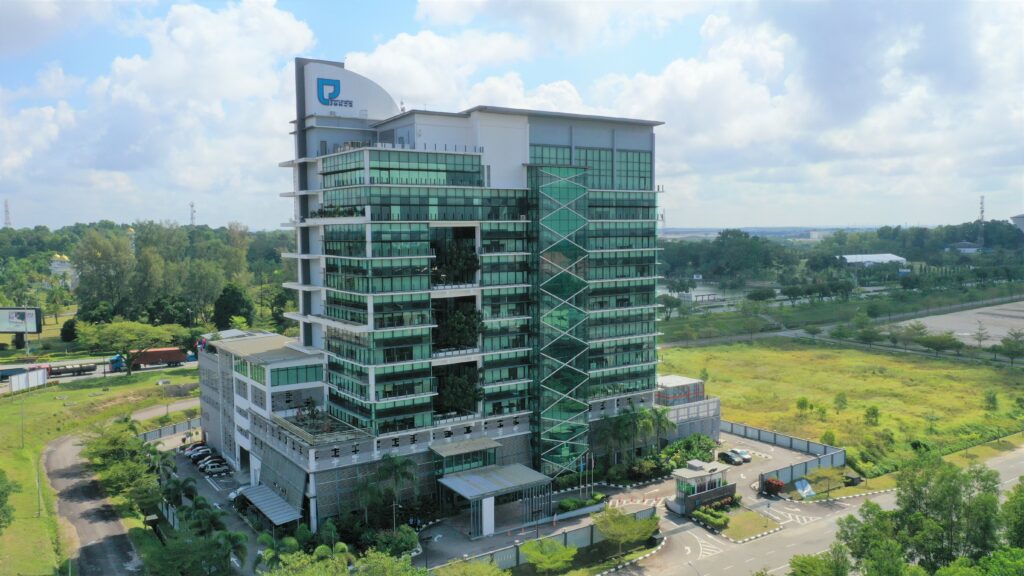Malaysia Johor Port Authority
Johor Port Authority (JPA), established in 1975 under the Ports Authorities Act 1963, plays a pivotal role in regulating and facilitating the maritime industry in Johor, with a focus on enhancing port competitiveness. Serving as both port authority and regulator, JPA leads digitalization and decarbonisation efforts in Malaysia while overseeing the development and growth of Pasir Gudang Port and Port of Tanjung Pelepas (PTP). Situated in the bustling Straits of Malacca, JPA aims to be the preferred port of choice, ensuring smooth port business within the logistics supply chain and serving as Malaysia’s Southern Gateway, connecting the east and west.
JPA has played a significant role in Malaysia’s trade landscape since its establishment in 1977 as the first port with a free trade area. With the General Manager and Board of Directors steering its operations, JPA aims for effectiveness and success in its endeavours as a government agency.
The privatization of port operations in 1995 under the Ports Privatization Act 1990 marked a significant shift, with JPA taking on a regulatory role. Pasir Gudang Port, as the first port in Johor, serves as a versatile hub for various types of cargo and holds the distinction of being within a free trade zone area, a pioneering concept in Malaysia. Additionally, it boasts the title of the largest palm oil terminal globally and serves as a crucial Southern Gateway Multi-purpose Port in Malaysia.
PTP stands as the second federal port privatized by JPA and is the busiest container terminal in Johor. Ranked 15th among the world’s top container ports, PTP serves as the central hub for Johor’s container cargo business. It operates as a joint venture between MMC Corporation Berhad, a utilities and infrastructure group, and APM Terminals, a prominent global ports group, combining local expertise with international port management experience to drive efficiency and growth in maritime trade.
Vessel Traffic Management System
JPA has embraced the digitalization era by implementing various systems such as the e-Gateway system for vessel clearance, Vessel Traffic Management System, and Port Traffic Management System. Additionally, the introduction of the online e-Bunkering system has enhanced support services at JPA. Furthermore, in an initiative towards decarbonisation, Australia, through the Partnerships for Infrastructure (P4I), is supporting PTP in exploring the potential of low-carbon marine fuels to promote green growth and unlock new economic opportunities, reflecting a commitment to sustainability and innovation in the maritime sector.
As a crucial international maritime centre, Johor aligns much of its legislation with IMO conventions to ensure consistency with global maritime standards. This transposition reflects Johor’s commitment to upholding international best practices and fostering a regulatory environment conducive to safe and efficient maritime operations in line with global norms.
As JPA approaches its fiftieth anniversary in 2025, its commitment to being the leading port authority driving Johor as the preferred port destination remains steadfast. Enhancing the competitiveness of ports in Johor is at the core of JPA’s efforts, reflecting its dedication to maintaining and strengthening Johor’s position as a key player in the global maritime industry. This focus underscores JPA’s ongoing commitment to excellence and innovation in port management and operations, ensuring continued growth and prosperity for the region.



Rapporteur: Paul Ridgway

